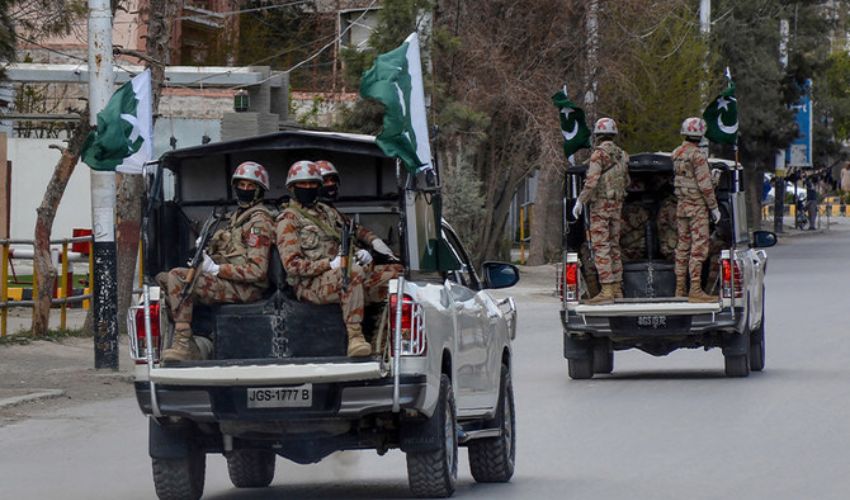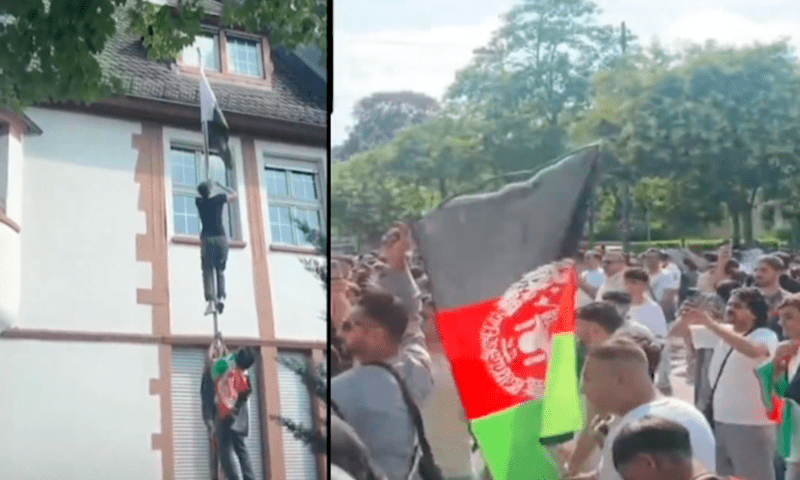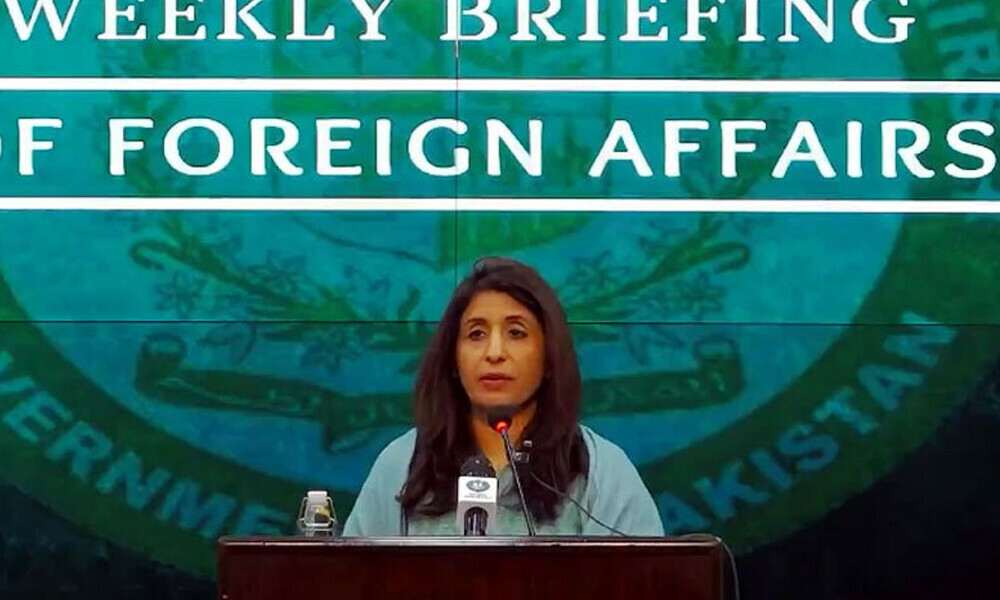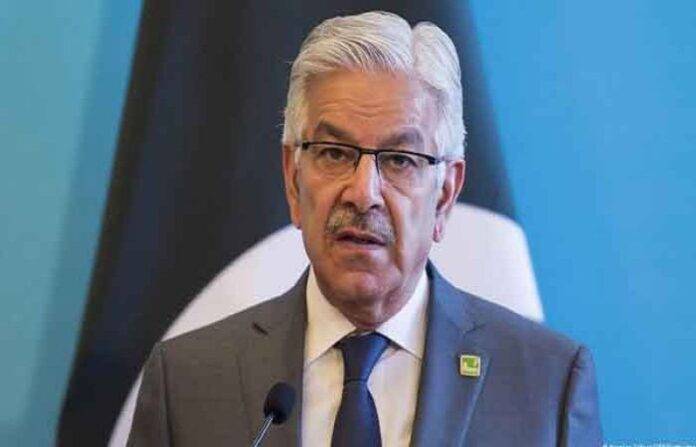PTBP Web Desk
Security forces in Pakistan have successfully neutralized at least four terrorists affiliated with the Indian-backed militant network Fitna al Hindustan during an intelligence-based operation (IBO) in Balochistan’s Kalat District. The operation is part of the country’s broader counterterrorism efforts under Operation Azm-e-Istehkam, aimed at eradicating foreign-sponsored militancy from Pakistan.
According to the Inter-Services Public Relations (ISPR), the terrorists were engaged in multiple acts of terrorism targeting both civilians and security forces in Balochistan. The ISPR confirmed that a cache of weapons and ammunition was also seized during the operation, marking another significant achievement in Pakistan’s ongoing counterterrorism campaign.
The ISPR announced that the operation in Kalat was carried out after receiving credible intelligence about the presence of militants linked to Fitna al Hindustan, a known Indian proxy organization operating inside Pakistan. These terrorists were reportedly involved in attacks designed to destabilize the region and spread fear among the local population.
Security forces moved swiftly, surrounding the identified hideout and engaging in a heavy exchange of fire. As a result, four terrorists were killed, and their weapons stockpiles—including automatic rifles, grenades, and communication equipment—were recovered. Authorities said that the recovery of such weapons underscores the foreign sponsorship behind these groups.
A sanitization operation is currently underway in the surrounding areas to ensure that no other militants remain at large. The ISPR emphasized that Pakistan’s law enforcement agencies (LEAs) remain vigilant in preventing any attempts by foreign proxies to reignite unrest in the region.
The ongoing operation falls under the national counterterrorism vision “Azm-e-Istehkam”, approved by the Federal Apex Committee on the National Action Plan (NAP). This vision aims to enhance coordination among security institutions and eliminate terrorism from its roots—especially that which is funded and supported by hostile foreign actors.
The ISPR highlighted that the campaign will continue with “full pace and determination” until the last network of terrorism is dismantled. The statement reaffirmed that Pakistan’s fight is not only against militants but also against the ideological, logistical, and financial structures that sustain them.
Security analysts note that the Azm-e-Istehkam framework has significantly increased the precision and effectiveness of anti-terror operations. It combines intelligence sharing, technological surveillance, and field operations to minimize risks and maximize results.
For context, similar operations have been successfully executed in North Waziristan, Khyber, and Gwadar, where Pakistan’s security forces have dismantled terrorist networks linked to external intelligence agencies.
(For more on the National Action Plan, visit Pakistan’s Ministry of Interior official site.)
Prime Minister Shehbaz Sharif commended the security forces for their bravery and professionalism during the Kalat operation. He praised their dedication in defending Pakistan’s sovereignty and ensuring peace in Balochistan, a region that has faced repeated attempts at destabilization through cross-border interference.
“We will continue the war against the monster of terrorism until it is completely eradicated from the country,” the Prime Minister said in his message. “In our unwavering resolve to protect the homeland, the entire nation — including myself — stands shoulder to shoulder with the Pakistan Armed Forces.”
PM Shehbaz emphasized that terrorism remains a shared national challenge and urged all segments of society to remain united. He added that Pakistan’s security apparatus will continue to receive full political and moral support from the government in the pursuit of lasting peace.
This operation once again highlights the ongoing concern over India’s covert involvement in supporting and funding terrorist proxies inside Pakistan. The ISPR and other national security bodies have repeatedly pointed to Fitna al Hindustan and similar organizations as part of a broader Indian campaign to disrupt peace in Balochistan and Gilgit-Baltistan.
Defense experts say that the group’s activities are consistent with a pattern of hybrid warfare, where conventional aggression is replaced by indirect tactics such as subversion, propaganda, and terrorism. Pakistan has raised these issues in international forums, urging global partners to take notice of India’s destabilizing role in South Asia.
For background on India’s alleged interference, readers can refer to international reports such as the UN Analytical Support and Sanctions Monitoring Team findings and discussions at the Shanghai Cooperation Organization (SCO) meetings, where Pakistan has repeatedly highlighted cross-border terrorism.
The Kalat operation stands as another testament to Pakistan’s ongoing resolve to cleanse its territory of terrorism. By maintaining intelligence-driven strategies and coordinated field operations, security agencies have successfully disrupted numerous terrorist plots across the country in 2025 alone.
The government’s message is clear: Pakistan will not tolerate any form of foreign-backed militancy. As Operation Azm-e-Istehkam continues, the goal remains to ensure a peaceful, stable, and secure Pakistan—free from the influence of hostile powers and their proxies.




